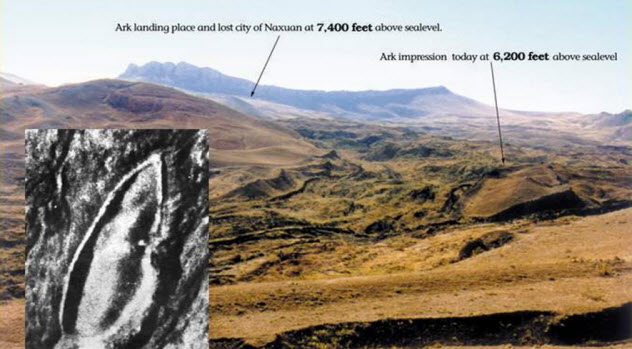


In addition to writings about feminine virtue by Gregory of Nyssa and Gregory of Nazianzos, later texts about Nicholas of Sion and Theodore of Sykeon described miracles and rural life. The Cappadocian Fathers produced some of the earliest hagiographies in the region. The spread of Christianity beyond Jerusalem is discussed in the Book of Acts. Hagia Sophia was built in AD 537 during the reign of Justinian I, Emperor of the Eastern Roman Empire it was the world's largest building and an engineering marvel of its time.Ĭhristianization of ancient Arameans and Armenians most likely began around the 1st century AD. The Eastern Orthodox Church has been headquartered in Constantinople since the 4th century. In 2009, there were 236 churches open for worship in Turkey. Ethnically Turkish Protestants number around 7,000–8,000. There is also a small group of ethnic Orthodox-Christian Turks (mostly living in Istanbul or Izmir) who follow the Greek Orthodox or Syriac Orthodox church and additionally Protestant Turks who still face difficulties regarding social acceptance and also historic claims to churches or property in the country because they are former Muslim converts to Christianity from Turkish-Muslim backgrounds (rather than ethnic minorities).

Today there are more than 200,000–320,000 people of different Christian denominations, representing roughly 0.3–0.4 percent of Turkey's population, including an estimated 80,000 Oriental Orthodox, 35,000 Roman Catholics, 18,000 Antiochian Greeks, 5,000 Greek Orthodox, 8,000 Protestants, and 512 Mormons. This was due to events which had a significant impact on the country's demographic structure, such as the First World War, the genocide of Greeks, Armenians, and Assyrians perpetrated by Turkish Muslims, and the population exchange between Greece and Turkey, and the emigration of Christians (such as Assyrians, Greeks, Armenians, etc.) to foreign countries (mostly in Europe and the Americas) that actually began in the late 19th century and gained pace in the first quarter of the 20th century, especially during World War I. Exact numbers are difficult to estimate as many former Muslim converts to Christianity often hide their Christian faith for fear of familial pressure, religious discrimination, and persecution. The percentage of Christians in Turkey fell was mainly as a result of the Late Ottoman genocides ( Armenian genocide, Greek genocide and the Assyrian genocide), the population exchange between Greece and Turkey, the emigration of Christians that began in the late 19th century and gained pace in the first quarter of the 20th century, and due to events such as Varlık Vergisi and the 1955 Istanbul pogrom against Christian Greeks and Armenians. In modern times the percentage of Christians in Turkey has declined from 20 to 25 percent in 1914 to 3–5.5 percent in 1927, to 0.3–0.4%, roughly translating to 200,000–320,000 devotees. 1880Ĭhristianity in Turkey has a long history dating back to the early origins of Christianity in Asia Minor during the 1st century AD. Greek-Orthodox metropolises in Asia Minor, c.


 0 kommentar(er)
0 kommentar(er)
